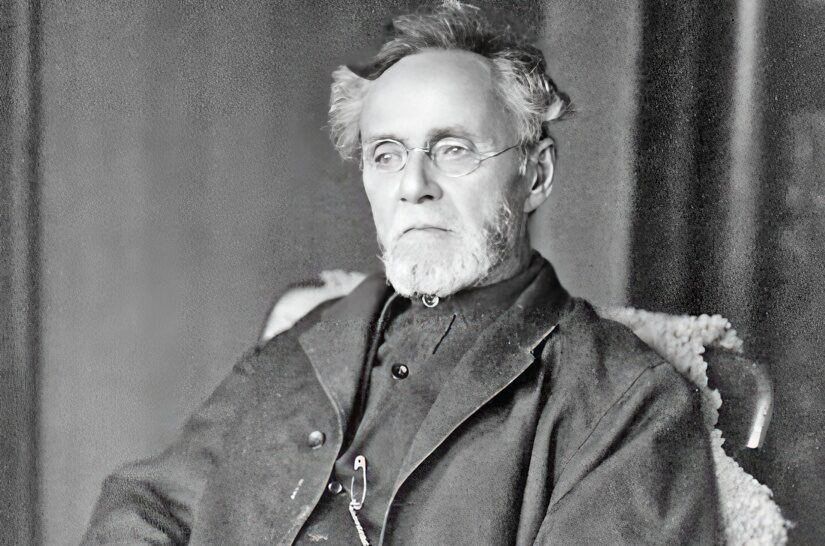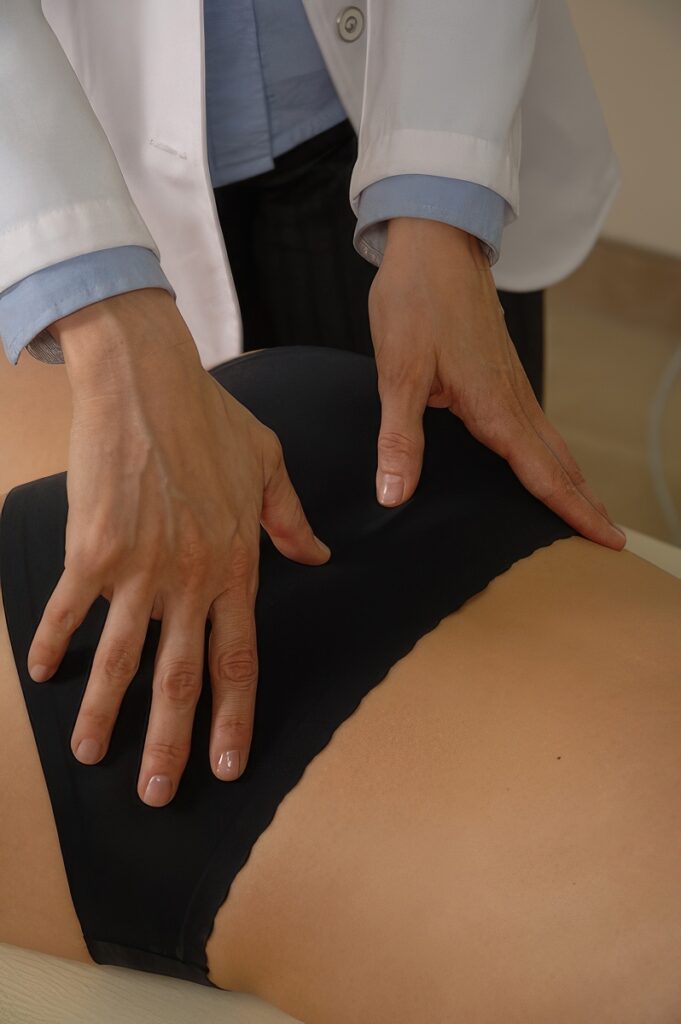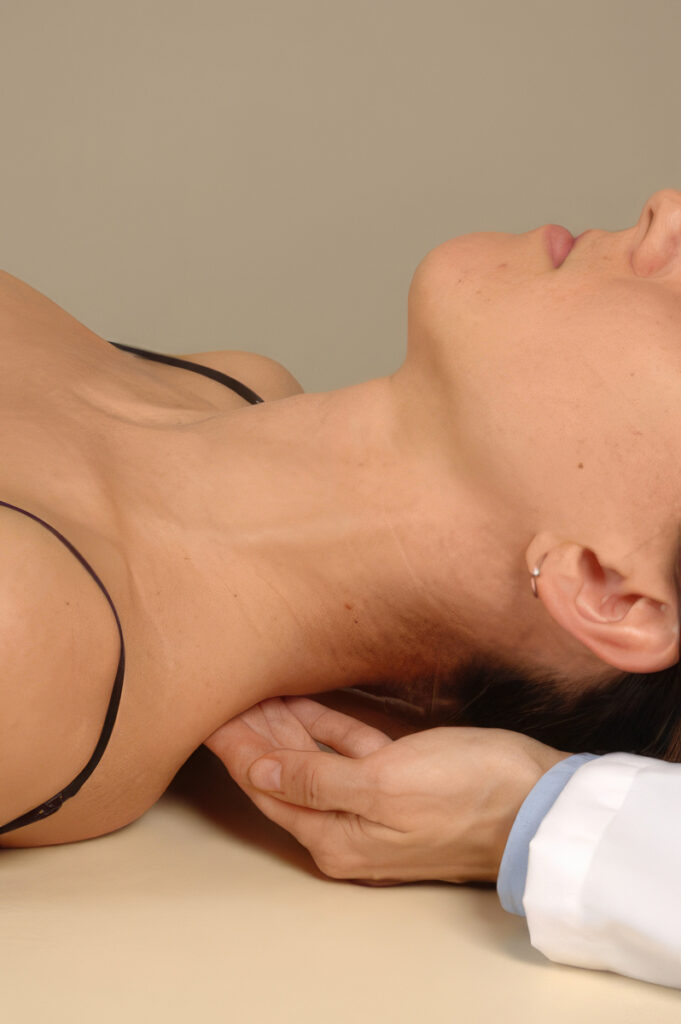Osteopathy in Brief
Founded in the United States in 1874 by Andrew Taylor Still, a physician and surgeon, osteopathy is a manual therapy based on precise palpatory techniques. Its goal is to restore the body’s mechanical harmony by relying on human anatomy, physiology, and biomechanics.

It restores tissue flexibility and mobility through appropriate techniques, promoting a harmonious and optimal functioning of the body. By returning movement capacity to all structures (bones, muscles, fasciae, organs, etc.), the body regains its harmony and self-regulation ability.
Osteopathy acknowledges the importance of medical examinations or diagnostic tests of any kind when indicated.
Your osteopath will collaborate with your doctor or any other healthcare professional involved in your care.
This approach can benefit you regardless of your age, occupation, or symptoms.
Who Can Benefit from Osteopathy?
Osteopathy aims to optimize health mechanisms and is intended for everyone: babies, children, teenagers, pregnant women, workers, musicians, athletes, seniors, etc. Its techniques are based on an in-depth understanding of anatomy and physiology, as well as the interactions essential to maintaining the body’s balance (homeostasis, allostasis). A particular expertise in women’s health and pediatric care is offered at the clinic.

Osteopathy can support you in addressing issues such as:
- Neck and back pain, herniated disc, scoliosis
- Muscle and joint pain
- Specific issues for dancers, painters, musicians
- Migraines, headaches, sinusitis, nausea, dizziness, light-headedness
- Jaw problems: Pain, malocclusion
- Stress, anxiety, depression
- Functional digestive disorders: Difficulty digesting, bloating, constipation, chronic diarrhea, irritable bowel syndrome
Osteopathy aims to promote better functional balance to reduce your symptoms, in partnership with other healthcare professionals.
And what about expert osteopathy?
The Camirand Muzzi Clinic, including its entire team (physiotherapist, osteopaths, acupuncturist, and hypnotherapist), offers specialized care whose excellent results have earned recognition from patients and healthcare professionals alike.
Osteopaths trained in the province and internationally also benefit from this expertise through continuing education and conferences offered at the Camirand Muzzi Institute, as well as in other recognized training centers in Quebec and abroad.
Here are the areas in which the Camirand Muzzi Clinic provides expert support in collaboration with medical follow-up.
Please note that the care provided at the Clinic does not replace a medical diagnosis or appropriate medical follow-up.
Pediatrics 
- Plagiocephaly
- Uncontrollable crying
- Reflux, colic
- Constipation
- Difficulty nursing
- Movement asymmetry
- Motor delay
- Sleep problems
- Musculoskeletal issues
- Torticollis, difficult birth (forceps, cesarean section, etc.)
- Prevention of certain issues through early evaluation from birth
Pregnancy and Childbirth 
- Lower back and pelvic pain
- Stress management
- Sciatica
- Other pregnancy discomforts and preparation for childbirth
- Postpartum recovery
Postpartum Care 
- Pain
- Numbness
- Scar adhesions (following a cesarean or episiotomy)
- Incontinence
- Breastfeeding difficulties
- Depression (postpartum syndrome)
- Fatigue
Functional Gynecology 
- Pain (dysmenorrhea) and menstrual disorders
- Pain during sexual intercourse (dyspareunia)
- Chronic pelvic pain
- Infertility without known medical cause
- Menopause-related discomfort
Functional Urology 
- Pelvic and post-vasectomy pain
- Post-prostatectomy disorders
- Incontinence, erectile dysfunction
- Infertility without known medical cause
- Testicular pain
Nervous Disorders 
- Support for issues related to stress, anxiety, and depression
How Does a Consultation Take Place?
The Anamnesis 
The anamnesis involves a complete evaluation of the patient through a detailed osteopathic assessment, taking into account:
- the symptoms described by the client
- the connections between the various systems
- the consequences of different events (birth, trauma, surgeries, illnesses, etc.)
- the client’s various health issues and medical history
The Osteopathic Assessment 
The osteopathic assessment of tissue mobility and physiological rhythms includes: observation, inspection, and palpation through:
- postural tests,
- palpatory and dynamic tests for muscles, joints, vertebrae, visceral, and craniosacral systems
Data Synthesis 
Data synthesis to determine priorities, the cause(s) of the problem, and to develop an intervention plan.
The Intervention Plan 
The intervention plan is developed according to specific osteopathic methodology, based on the health status, age, and vitality of each patient.
The Intervention 
The intervention involves gentle and specific techniques necessary to restore the mobility and motility of the body’s tissues at the myofascial, vertebral, and visceral levels.
The Reevaluation 
The reevaluation of the body’s functionality locally, regionally, and globally during the intervention.
Explanation and Advice 
The explanation to the patient of what was done and for what purpose.
Advice on lifestyle habits and appropriate exercises to consolidate the results of the consultation.
The osteopath maintains a file for each of their patients and communicates with other healthcare professionals as needed. They are also bound by professional confidentiality.
Professional fee receipts are issued for insurance or tax purposes. Treatment fees start at $110 per session. Sessions last approximately 45 to 60 minutes, depending on the case.










